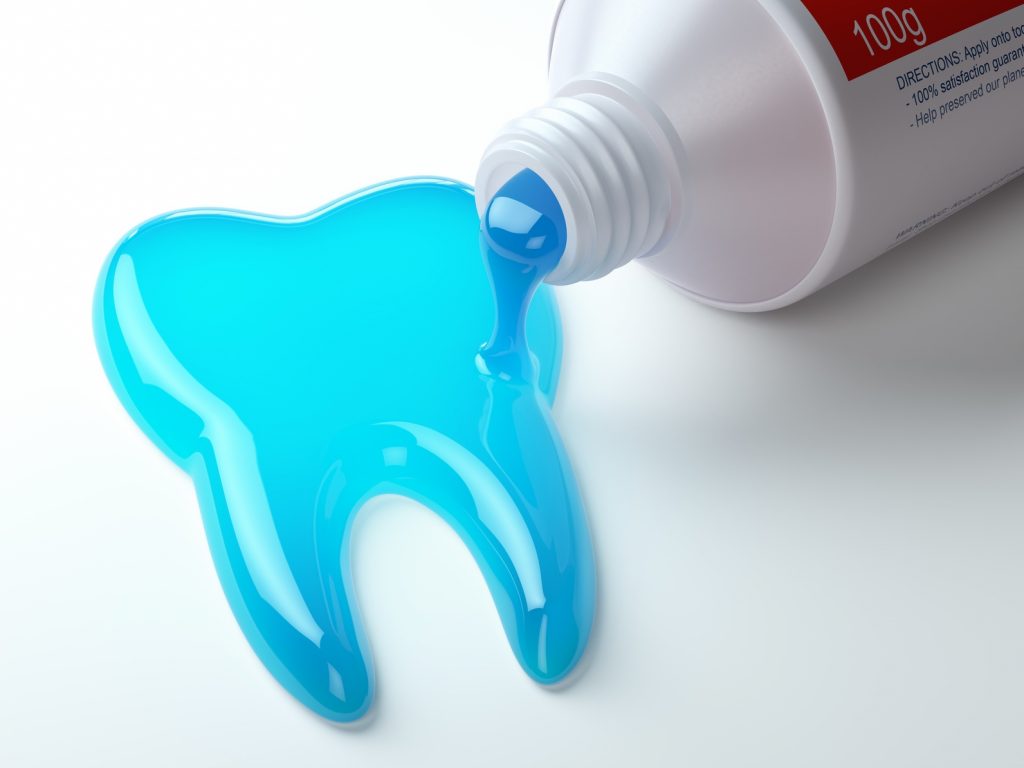Are you thirsty for dental health? If so, you’ll be glad to learn how an ordinary glass of water can help to strengthen your teeth. Fluoride is a naturally occurring mineral so beneficial to your smile, many communities even add it to their water supply.
Water naturally contains a small amount of fluoride, as do some foods. Increasing this fluoride content creates a constant “treatment” to prevent tooth decay and rebuild weakened tooth enamel. Regular contact with these small doses helps maintain the surface and structure of your teeth.
The Function of Fluoride
Throughout the day, your teeth are exposed to acids that can break down enamel and lead to tooth decay — fluoride helps inhibit these acids from attacking the tooth surface. More importantly, it helps restore the minerals that have been worn down and repair weak spots in the enamel. Fluoride is also especially beneficial for children because it becomes integrated with growing teeth and helps develop resistance to acids later in life.
Treat Your Teeth
In addition to the small amounts of fluoride you eat or drink, dentists recommend you brush with a fluoride toothpaste. At your regular checkups, your dentist will typically treat your teeth with a higher concentration of fluoride to protect your teeth year round. If needed, your dentist can also prescribe fluoride supplements or recommend a fluoride mouth rinse.
Who Needs it Anyway?
All patients benefit from fluoridated water, regular dental treatment and quality toothpastes, but for some teeth, fluoride is especially necessary. These include individuals with:
Dry Mouth Conditions — Some medications and conditions reduce saliva production and cause dry mouth which makes it harder to neutralize acids on the tooth.
History of Gum Disease — Gum disease, or gingivitis, means your teeth are exposed to more bacteria and at higher risk for cavities and tooth decay.
Frequent Dental Cavities — A history of dental cavities is a good indication that your teeth may benefit from additional fluoride.
Dental Braces, Dental Crowns or Dental Bridges — Anyone with dental fixtures such as dental braces, a dental crown or a dental bridge should take special care to prevent tooth decay and keep teeth healthy and strong.
Recent Teeth Whitening — A post-teeth whitening fluoride treatment helps reduce sensitivity to heat and cold and restores important minerals to the tooth surface.
While fluoride is important for all adult teeth, it is also highly recommended for children — just remember that any dental treatment for children should be carefully supervised, so talk to your dentist before introducing fluoride into your kids’ routine. Regular, responsible use can help the whole family keep healthy teeth and give you something to smile about!

